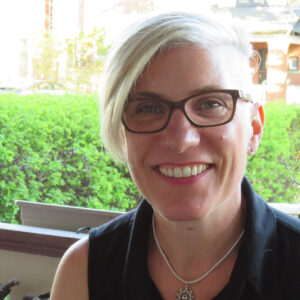Originally published in TEACH Magazine, 50th Anniversary of the Decriminalization of Homosexuality in Canada Special Issue, 2019
By Christine L. Cho
Society is not always as accepting as our laws would lead us to believe. Recent revocation of the 2014 Health and Physical Education curriculum in Ontario* is a testament to that fact. I currently teach at a Faculty of Education and often engage in serious, and sometimes spirited, conversations with my Bachelor of Education (BEd) students about LGBTQ+ issues in relation to school.
Sometimes, the concerns we tackle are about content implications, “What happens if a student [writes, says, draws, paints something] that is gay?” This is a curious trepidation for me, but it’s usually quickly followed up with the real concern, “What if a parent gets upset and thinks we are talking about homosexuality in class?”
Christine L. Cho, PhD, is a Professor at Nipissing University’s Schulich School of Education. A practicing visual artist and a former elementary school teacher, Christine utilizes visual media and critical pedagogy to expand upon diverse ways of knowing. Her research contributes to current educational conversations on racial, ethnic, linguistic, and LGBTQ+ representation in schools.


